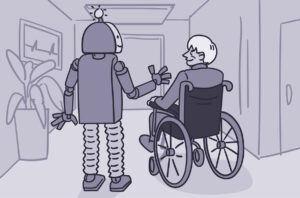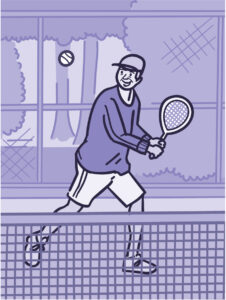-
-
- Surgical Procedures
- Preoperative care
- Parental presence
- Preoperative sedation
- Postoperative care
- Continuous monitoring
- Vital signs assessment
- Potential causes of Postoperative vital sign alterations in children
- Preoperative care
- Surgical Procedures
-
| Alteration | Potential Cause | Comments |
| Heart rate | ||
| Increase | Decreased perfusion (shock) | Heart rate may increase to maintain cardiac output. |
| Elevated temperature | ||
| Pain | ||
| Respiratory distress (early) | ||
| Medications (atropine, morphine, epinephrine) | ||
| Decrease | Hypoxia | Bradycardia is of more concern in young child than tachycardia. |
| Vagal stimulation | ||
| Increased intracranial pressure | ||
| Respiratory distress (late) | ||
| Medications (neostigmine [Prostigmin Bromide]) | ||
| Respiratory Rate | ||
| Increase | Respiratory distress | Body responds to respiratory distress primarily by increasing rate. |
| Fluid volume excess | ||
| Hypothermia | ||
| Elevated temperature | ||
| Pain | ||
| Decrease | Anesthetics, opioids | Decreased respiratory rate from opioids may be compensated for by increased depth of respiration. |
| Pain | ||
| Blood Pressure | ||
| Increase | Excess intravascular volume | This is serious in premature infants because it increases risk for intraventricular hemorrhage. |
| Increased intracranial pressure | ||
| Carbon dioxide retention | ||
| Pain | ||
| Medication (ketamine, epinephrine) | ||
| Decrease | Vasodilating anesthetic agents (halothane, isoflurane, enflurane) | Decreased blood pressure is late sign of shock because of elasticity and constriction of vessels to maintain cardiac output. |
| Opioids (e.g., morphine) | ||
| Temperature | ||
| Increase | Shock (late sign) | Fever associated with infection usually occurs later than fever of noninfectious origin. Absence of fever does not rule out infection, especially in infants.
Malignant hyperthermia requires immediate treatment. |
| Infection | ||
| Environmental causes (warm room, excess coverings) | ||
| Malignant hyperthermia | ||
| Decrease | Vasodilating anesthetic agents (halothane, isoflurane, enflurane) | Neonates are especially susceptible to hypothermia, with serious or fatal consequences. |
| Muscle relaxants | ||
| Environmental causes (cool room) | ||
| Infusion of cool fluids or blood | ||




